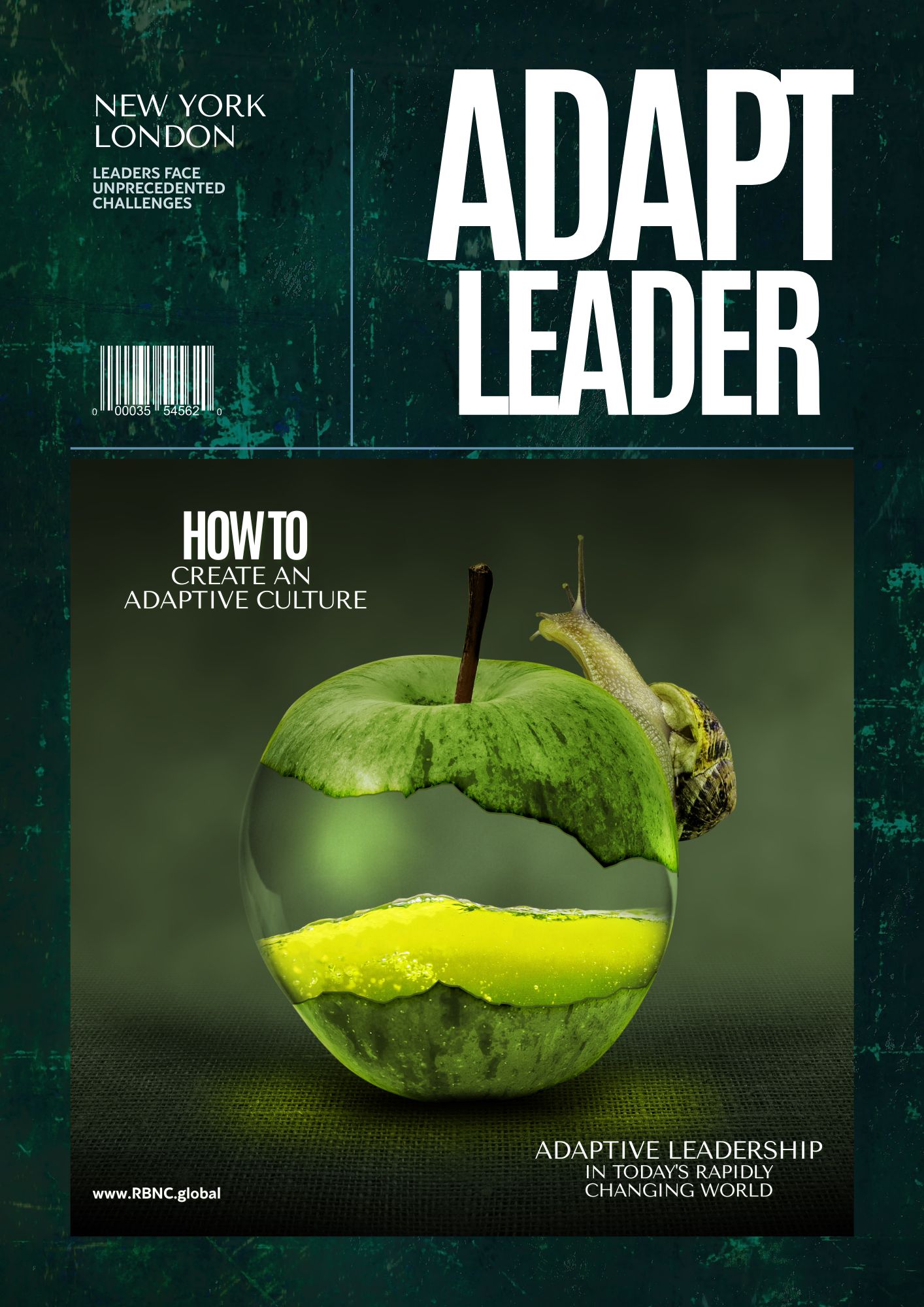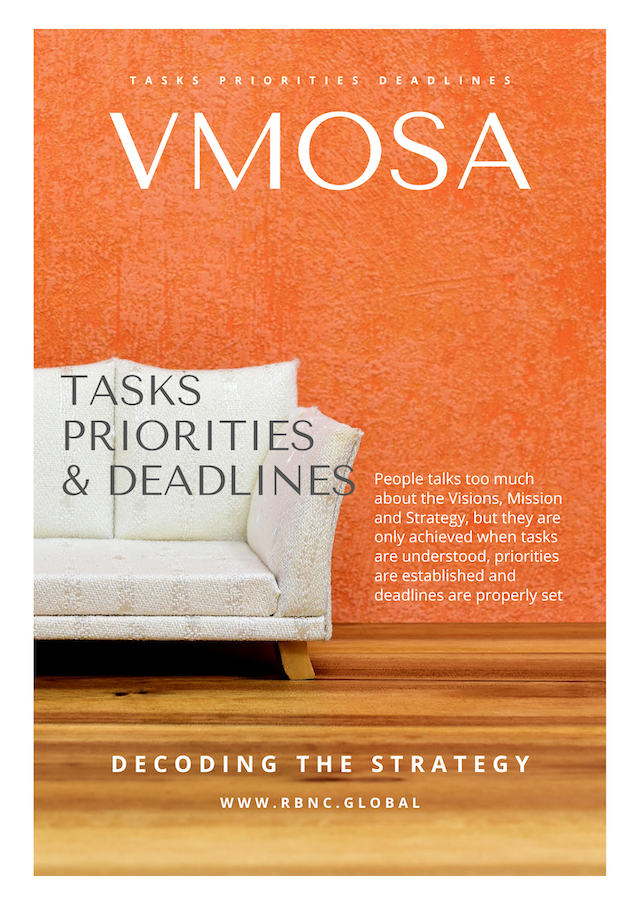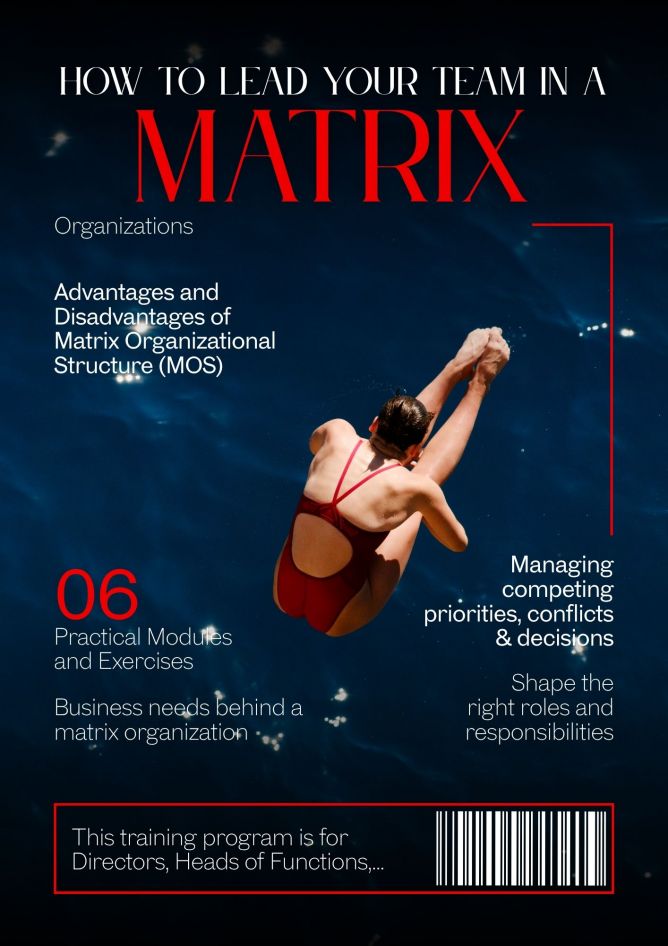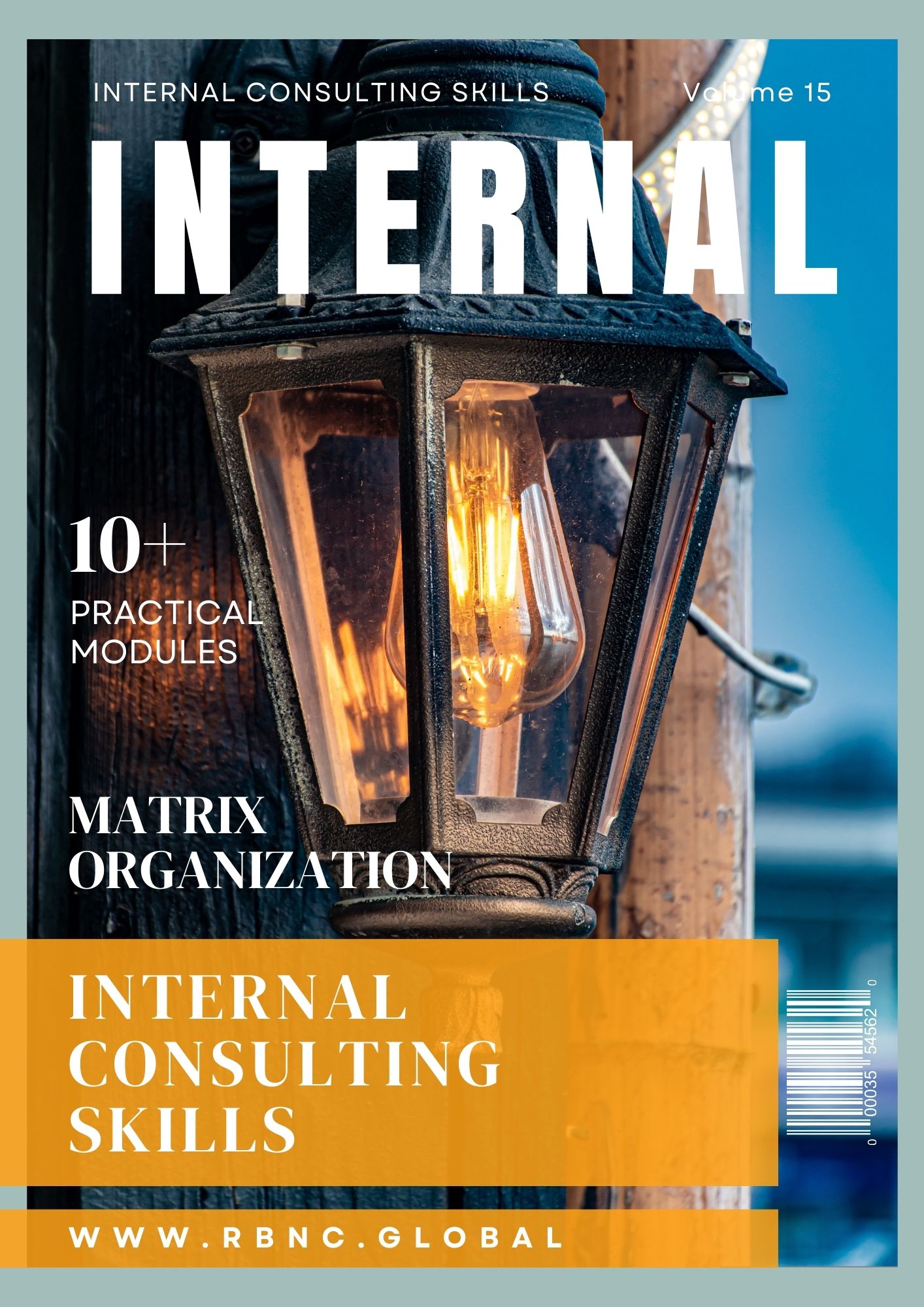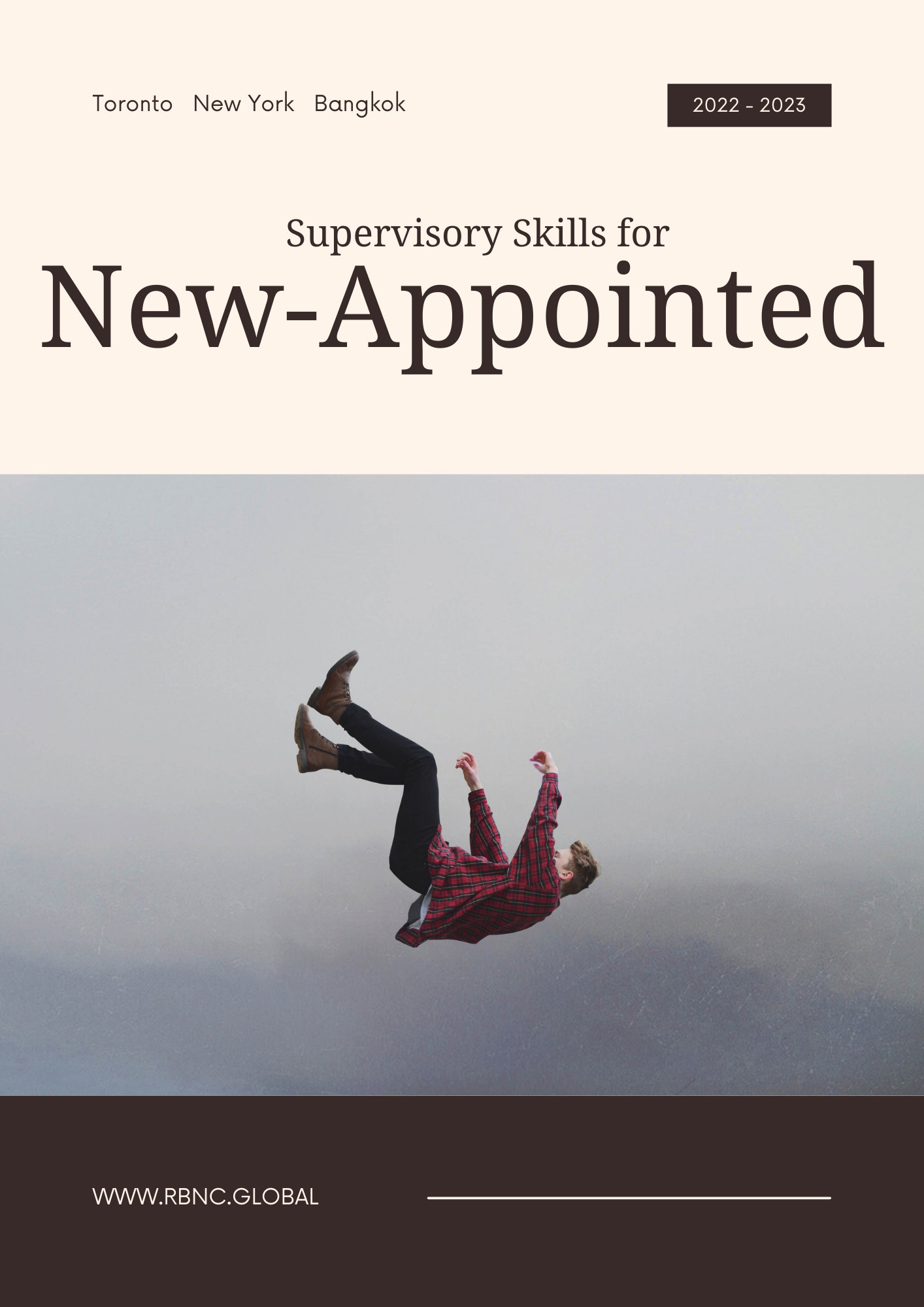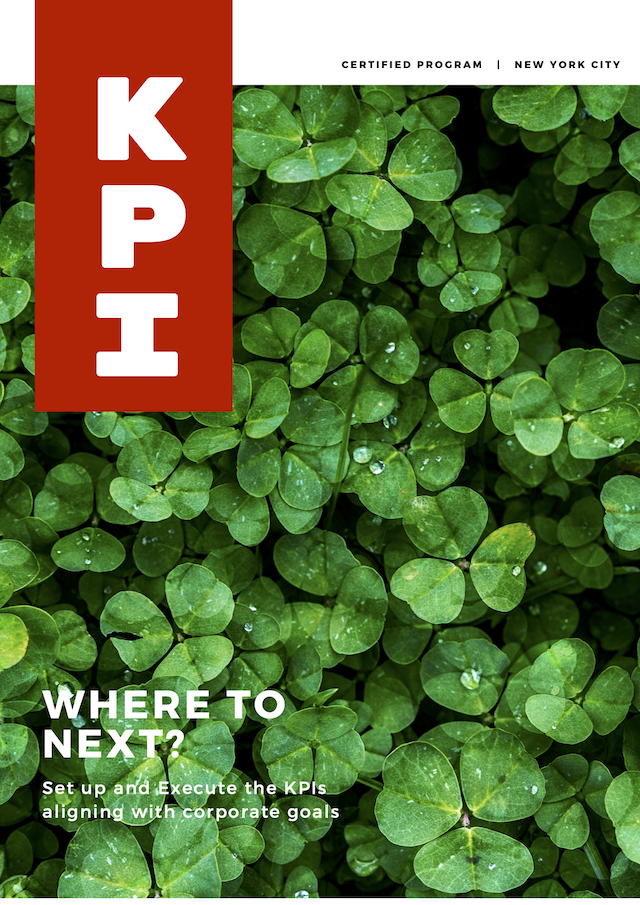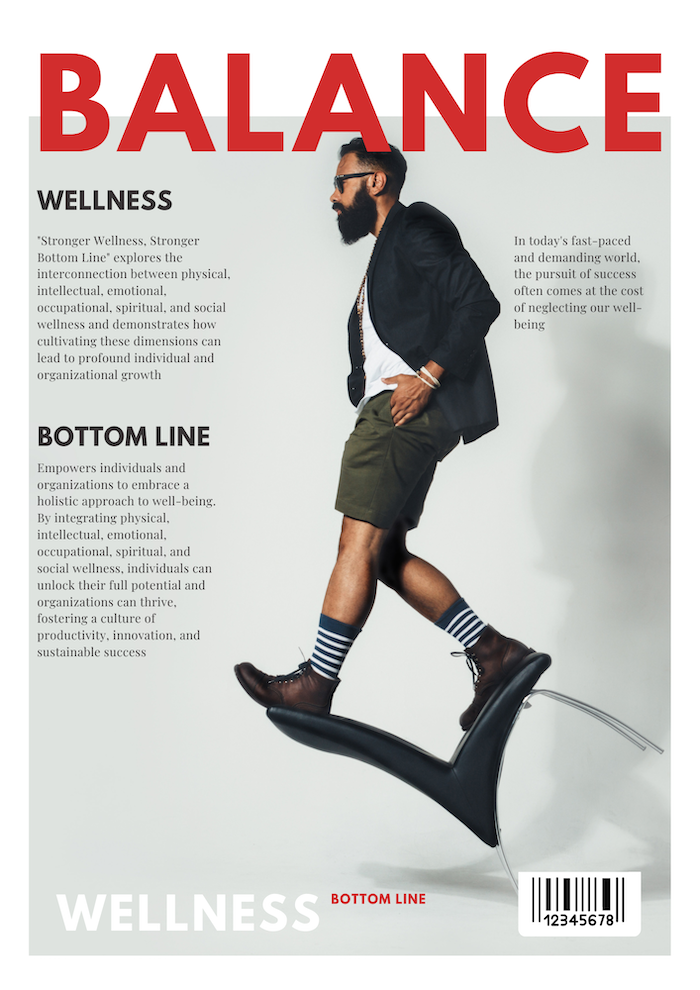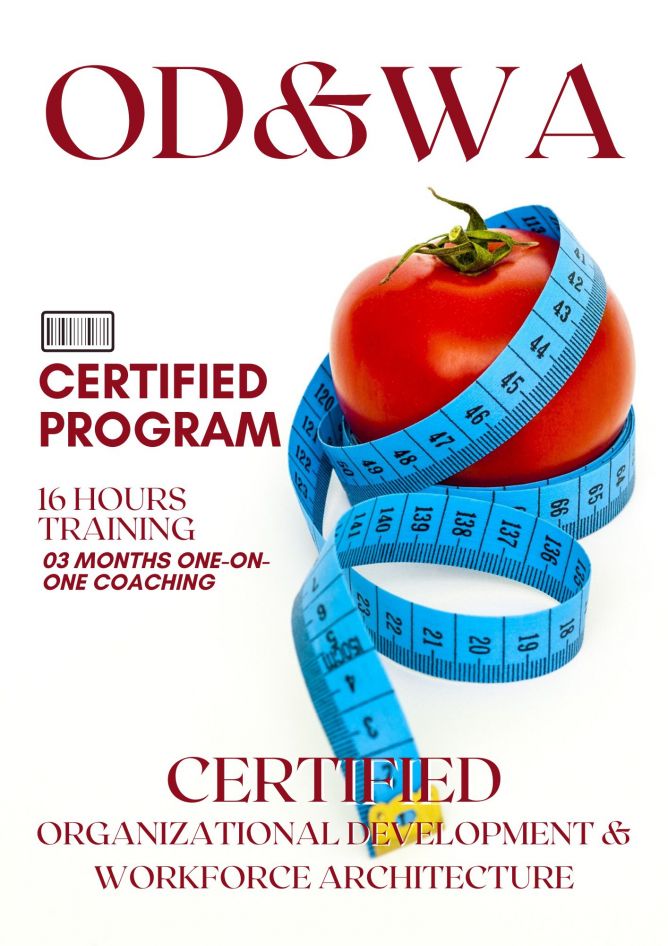Adaptive Leadership Skills
Introduction
In today's rapidly changing world, leaders face unprecedented challenges. This program focuses on developing adaptive leadership skills – the ability to navigate complexity, ambiguity, and uncertainty effectively
How you will benefit
- Distinguish technical problems from adaptive challenges and learn how to observe, interpret and intervene
- Discover the implications of the status quo on their organizations and diagnose the system
- Create an adaptive culture by mobilizing the system
Who should attend
This course is designed for current business leaders who are keen on improving their leadership skills. The course also caters for aspiring leaders, department heads, senior managers, and team leaders who are interested in developing their leadership skills from an organizational point of view and in preparation for bigger leadership roles
What you will cover
This module establishes the foundational mindset for adaptive leaders, focusing on strategic presence, critical differentiation, and purposeful risk-taking.
- Differentiating Challenges: Master the critical distinction between technical problems (solvable with current expertise) and adaptive challenges (requiring changes in values, beliefs, or behaviors). This includes deconstructing the "illusion of the broken system" to focus on systemic functionality.
- Leadership vs. Authority: Clarify the functional difference between formal authority (positional power) and non-positional leadership (mobilizing people to tackle tough problems).
- Strategic Action and Reflection: Develop skills for strategic presence by embracing "living the disequilibrium," utilizing a disciplined cycle of observing, interpreting, and intervening without prematurely resorting to action.
- Cultivating Experimentation: Learn to design and execute smart, calculated risks and experiments, viewing daily organizational life as a perpetual "leadership laboratory."
- Holistic Engagement & Purpose: Explore the concept of "engaging above and below the neck," integrating rational analysis with emotional intelligence and core values to connect organizational action to a deeper sense of purpose.
- Disciplined Restraint: Practice resisting the premature leap to action to facilitate deeper diagnostic work, realizing the strategic value and rigor inherent in making difficult, necessary choices.
Participants will acquire advanced diagnostic tools to accurately assess the systemic nature of challenges and the forces that maintain the organizational status quo.
- Analyzing the Status Quo: Systematically analyze the "elegance and tenacity of the status quo," understanding the powerful, often subtle, cultural and structural forces that actively resist necessary change.
- Structural and Behavioral Diagnosis: Master methodologies for diagnosing the organizational system to uncover its inherent structural implications and accurately determine the ratio of technical versus adaptive elements within any given challenge.
- Archetypal Challenges: Identify and classify problems using the four adaptive challenge archetypes to ensure the intervention strategy is accurately aligned with the nature of the difficulty.
- Mapping the Political Landscape: Professionally recognize the political landscape by mapping stakeholders and their influence, and expertly uncovering the underlying values that drive specific behaviors and resistance.
- Institutionalizing Capacity: Develop mechanisms for valuing independent judgment and sharing responsibility for the organization’s future among all stakeholders, thereby actively building collective leadership capacity.
- Learning Infrastructure: Establish and reinforce processes for institutionalizing reflection and continuous learning as core, non-negotiable organizational practices.
This final module focuses on the practical application of adaptive principles to design and execute effective interventions that drive sustainable, systemic change.
- Strategic Reframing: Learn to reframe the group’s default interpretations of a problem by actively generating a diversity of interpretations from various perspectives to ensure comprehensive solution design.
- Intervention Design and Focus: Develop and practice methodologies for designing effective interventions that target adaptive gaps, ensuring the necessary adaptive work remains at the center of people’s attention amidst competing organizational demands.
- Managing Power Dynamics: Employ advanced strategies for managing authority figures and navigating entrenched power structures to create and protect the necessary space for adaptive work.
- Engaging Dissent: Master the skill of protecting and engaging the voices of dissent as a vital source of information and creative tension, transforming resistance into constructive organizational dialogue.
- Creating a Holding Environment: Develop the capacity to **create and maintain a robust "holding environment"—**a structured, safe, yet challenging, context where difficult adaptive work can be undertaken without overwhelming the system.
- Sustaining Change: Conclude by focusing on methods for nurturing shared responsibility and solidifying the ongoing development of leadership capacity to ensure the sustained adoption of new adaptive cultural norms.
Schedule
